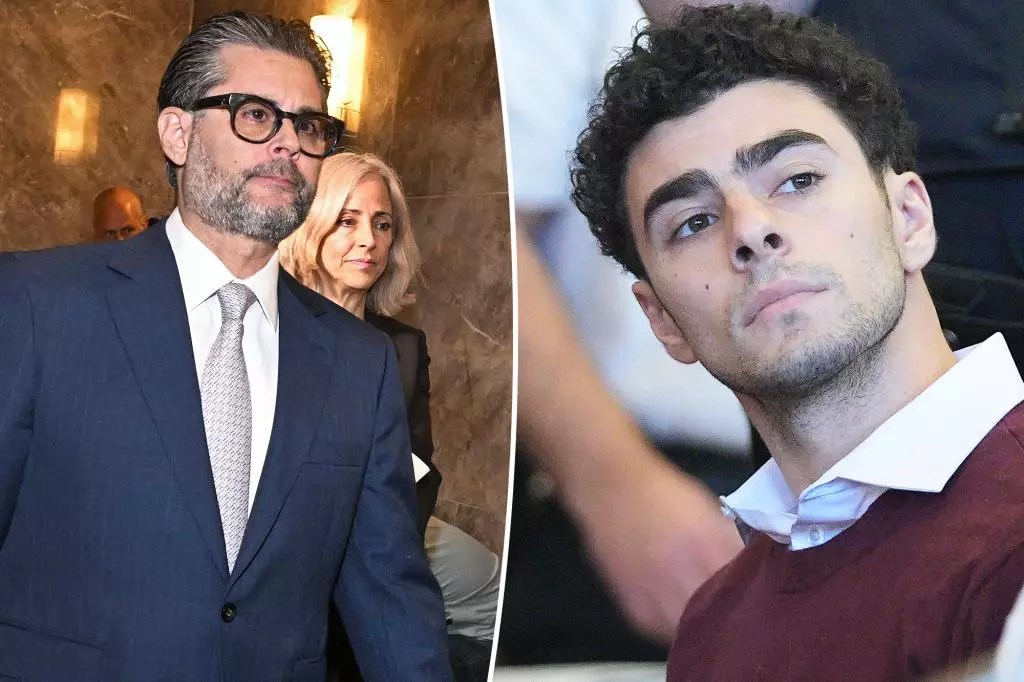In an environment as unforgiving as prison, where survival usually relies on instinct and experience, even the most high-profile convicts seek guidance. This has recently come to light with the case of Luigi Mangione, who has enlisted the services of Craig Rothfeld, a well-known prison consultant formerly associated with Harvey Weinstein. Rothfeld, who has firsthand experience of incarceration due to his past white-collar crimes, has carved out a niche for himself advising other inmates on navigating the treacherous waters of prison life. His unique perspective, which he articulated in a 2020 NBC interview, describes imprisonment as a “Byzantine black hole”—a mystifying and frightening transition for many individuals unaccustomed to such a stark reality.
Rothfeld’s disclosures on the unsettling nature of incarceration, particularly for high-profile individuals like Weinstein, expose the grim psychological aspects of inmate life. Describing the initial experience as “dark” and “uncomfortable,” he highlights the stark realities: being handcuffed, leg shackled, and devoid of personal possessions—the very trappings of power stripped away. The emotional weight of such a transition can be overwhelming, particularly for someone like Weinstein, who has navigated a world of glamour and influence. This stark contrast often plunges inmates into feelings of helplessness, a theme Rothfeld poignantly delineates in his discussions.
In the shadows of these harsh conditions, health complications begin to emerge as another pressing issue. Weinstein’s deteriorating health has been widely reported, including his hospitalizations for various serious medical conditions, underscoring the physical repercussions of incarceration. His representative has articulated concerns over inadequate medical attention, launching anticipatory legal battles against the state. Such narratives illuminate a broader issue within the prison system: the often inadequate health care afforded to inmates, regardless of their status outside those walls. The case of Weinstein serves to highlight a systemic problem, where the lives of individuals—regardless of their past actions—are further jeopardized in custody.
Adding to the intrigue of Mangione’s situation is the fact that he is being held in the Metropolitan Detention Center in Brooklyn, where the atmosphere is likely to be heightened due to the presence of other notorious individuals such as Sean “Diddy” Combs. As both face serious legal challenges—Mangione for murder and Combs related to charges of sex trafficking—this prison setting becomes a curious microcosm of fame and infamy. This convergence of high-profile inmates inevitably raises questions about the interaction dynamics within confined spaces and how celebrity personas influence everyday prison experiences.
Ultimately, the ongoing narratives surrounding high-profile inmates like Mangione and Weinstein unveil a mosaic of psychological, medical, and social dilemmas that permeate the prison system. Experts like Rothfeld bring awareness to the convoluted machinations of life behind bars, highlighting that the severity of one’s prior station does little to mitigate the harsh realities of incarceration. As the justice system continues to grapple with its shortcomings, particularly in the realm of inmate welfare, these stories demand attention to ensure that, regardless of the crimes committed, basic human rights are afforded to all.


Leave a Reply